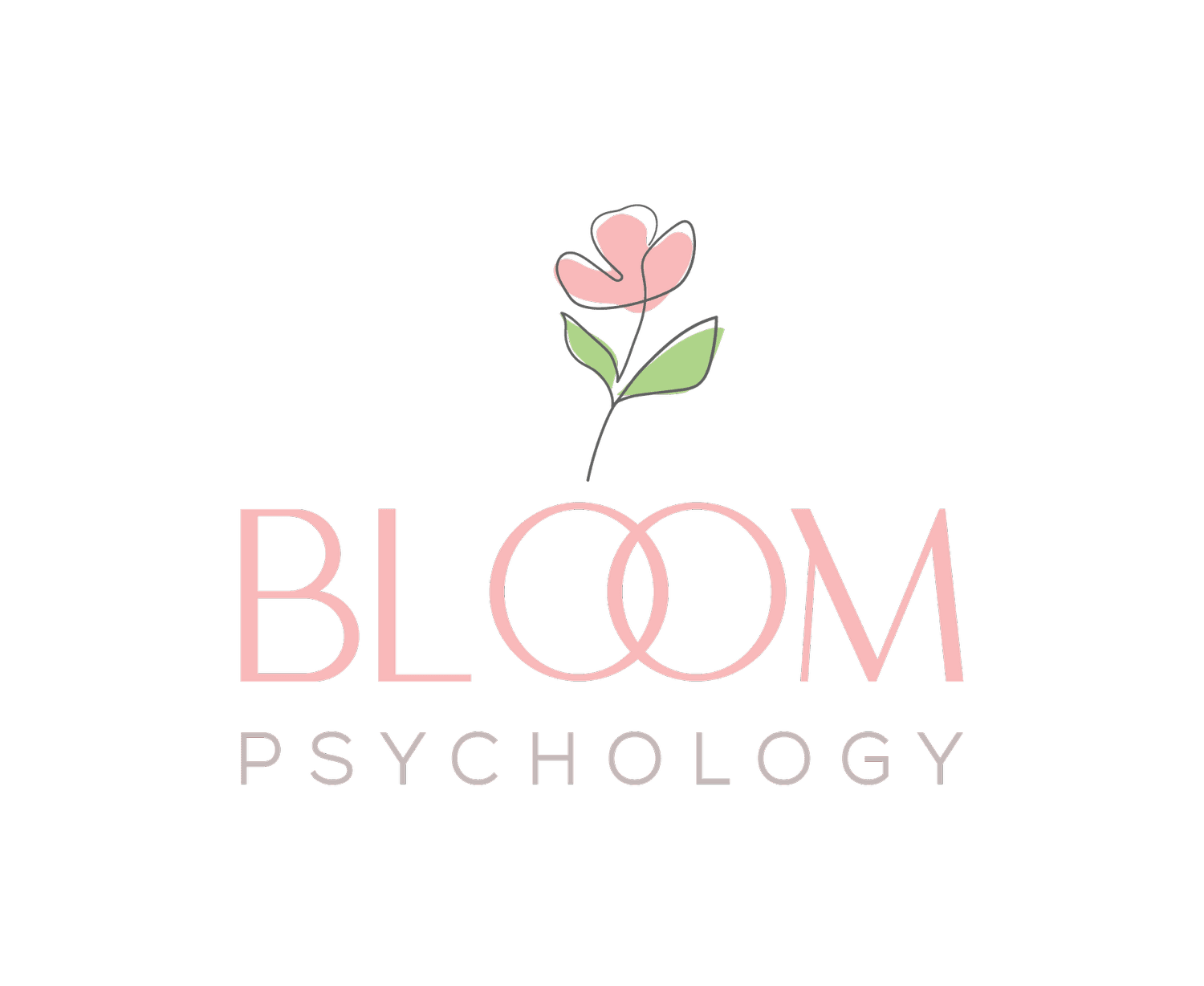Listen to this article
Narrated by Dr. Jana Rundle• 1.6 MB
Keyboard shortcuts: Space or K to play/pause • ← → to seek ±5s
Postpartum Rage: The Anger No One Talks About
If you've felt overwhelming anger that makes you unrecognizable to yourself, you're not alone. This is real, it's common, and it's treatable.
Save this guide for when you need it
Understanding Postpartum Rage: When Anger Takes Over
Let's talk about the emotion that new mothers aren't supposed to have—the one that makes you feel like a monster when it appears.
While postpartum depression gets increasing attention, there's another emotional challenge that many new mothers face but rarely discuss: postpartum rage.
This intense, sometimes explosive anger can be just as disruptive as depression, yet it remains largely hidden due to shame and the crushing weight of societal expectations.
"If you've found yourself screaming into a pillow or feeling volcanic anger when the baby won't stop crying, you're not alone."
Postpartum rage is real, more common than many realize, and deserves to be addressed with the same compassion and clinical attention as other perinatal mood disorders.
The Reality of Postpartum Rage
Postpartum rage goes beyond typical new-parent irritability. It's characterized by sudden, overwhelming anger that feels disproportionate to whatever triggered it.
You Might Experience:
- Physical sensations like hot flashes or your whole body tensing up
- Your heart racing like you've run a marathon
- Intrusive thoughts about yelling, throwing things, or just escaping
- Inability to control these angry outbursts
- Immediate guilt and shame that feels crushing
These rage episodes can be directed at anyone—partners who "breathe too loudly," children who won't listen, strangers who offer unsolicited advice, or even inanimate objects that dare to malfunction.
Many mothers describe feeling like they're watching someone else during these moments—someone they don't recognize and certainly don't want to be.
The Hidden Epidemic
of new mothers experience significant anger or rage symptoms
never report symptoms due to shame and stigma
appears alongside anxiety or depression, but can occur independently
Research on postpartum rage remains limited, partly because it's often lumped together with postpartum depression or anxiety in clinical settings. Partners frequently find themselves on the receiving end of this rage, creating additional relationship strain that often goes unaddressed.
How Long Does Postpartum Anger Last?
One of the most common questions mothers ask is: "When will this end?"
Postpartum anger typically peaks between 1-6 months after childbirth, though the duration varies significantly between individuals. For some women, anger symptoms may last a few weeks, while others experience persistent rage for several months or longer without treatment.
Timeline of Postpartum Anger
- Early Onset (0-4 weeks): Often related to hormonal fluctuations, sleep deprivation, and adjustment to new responsibilities
- Peak Period (1-6 months): Symptoms typically intensify as chronic sleep loss accumulates and support systems may diminish
- Delayed Onset (6-12 months): Delayed postpartum rage can occur when returning to work, during weaning, or when early support disappears
Important: The intensity usually decreases over time with proper support, therapy, and self-care strategies. However, without intervention, symptoms can persist for many months or even beyond the first year postpartum.
When to Seek Help
If you're experiencing postpartum anger beyond a few months, or if it's interfering with your daily life and relationships, professional help can significantly shorten the duration and intensity of symptoms. Early intervention is key—don't wait for rage to resolve on its own.
What Causes Postpartum Rage?
The causes of postpartum rage are as complex as motherhood itself. Let's break down the key factors:
🧬 Hormonal Changes
- ✓ Estrogen and progesterone plummet after birth
- ✓ Thyroid hormones fluctuate wildly
- ✓ Cortisol levels spike due to stress
- ✓ Even oxytocin (the "love hormone") can intensify all emotions, not just positive ones
💪 Physical Depletion
- ✓ Extreme sleep deprivation alters emotional regulation
- ✓ Physical pain from delivery or breastfeeding
- ✓ Nutritional deficiencies from growing and feeding a human
- ✓ General neglect of basic self-care
🧠 Psychological Factors
- ✓ The gap between expectation and reality
- ✓ Perfectionism and inability to "do it all"
- ✓ Feeling trapped in endless cycles of caregiving
- ✓ Loss of sense of self and identity
Environmental factors compound these challenges—partners not helping as expected, absent or intrusive family, financial stress, work pressures, or simple isolation. The rage isn't a character flaw—it's a signal that you're overwhelmed and under-supported.
Common Rage Triggers
While everyone's triggers differ, certain situations commonly spark postpartum rage. Do any of these sound familiar?
😭 The baby's inconsolable crying
😴 Sleep disruption after finally getting baby down
🤦 Partners who don't help as expected
🍼 Breastfeeding difficulties and pain
🏠 Household chaos and mess
💬 Unwanted advice from others
🤱 Feeling "touched out" from constant physical contact
👶 Other children's needs and demands
The Relationship Toll
Postpartum rage doesn't exist in a vacuum—it ripples through all your relationships.
Impact on Partners
- Walking on eggshells, never knowing what might trigger an explosion
- Communication breaks down as both parties fear confrontation
- Intimacy suffers as anger creates emotional and physical distance
- Some partners develop their own anxiety or depression in response
Impact on Children
- Fear you'll harm your baby during rage episodes (even if you never would)
- Older children may become anxious, clingy, or withdrawn
- Guilt and shame interfere with bonding
- Discipline becomes inconsistent and emotionally charged
Impact on Social Relationships
- Isolating yourself to avoid triggering situations
- Family relationships strain over perceived slights
- Friends who haven't experienced this may not understand, leading to further isolation
How to Treat Postpartum Rage
Effective treatment for postpartum rage typically combines multiple approaches:
🗣️ Therapy Options
- ✓ Cognitive Behavioral Therapy (CBT)
- ✓ Emotion regulation skills
- ✓ Interpersonal therapy (IPT)
💊 Medical Support
- ✓ Hormone testing and treatment
- ✓ Thyroid evaluation
- ✓ Antidepressants or mood stabilizers
- ✓ Sleep aids for severe deprivation
🌿 Lifestyle Changes
- ✓ Prioritizing sleep
- ✓ Regular exercise
- ✓ Nutritional support
- ✓ Stress reduction techniques
In-the-Moment Coping Strategies
When you feel rage building, having immediate strategies can prevent explosion. Save these techniques:
The STOP Technique
STOP
Stop what you're doing
TAKE
Take a deep breath
OBSERVE
Observe your body and emotions
PROCEED
Proceed with intention
Physical Release Strategies
🚶 Step outside for fresh air
🏃 Do jumping jacks
🧊 Squeeze ice cubes
🚿 Take a cold shower
🥊 Punch a pillow safely
😱 Scream into a pillow
Grounding Techniques
5-4-3-2-1 Method
- Name 5 things you can see
- 4 things you can touch
- 3 things you can hear
- 2 things you can smell
- 1 thing you can taste
Count backwards from 100 by 7s
Describe your surroundings in detail
Hold something cold or textured
Building Long-Term Resilience
Managing postpartum rage long-term requires developing self-awareness and sustainable strategies.
🧘 Develop Self-Awareness
- Keep a rage diary to identify patterns—what triggers you, what helps, what makes things worse
- Notice early warning signs in your body: jaw clenching, shoulders rising, heart racing
- Recognizing these signals gives you more time to intervene before rage takes over
💬 Communication Strategies
- Practice using "I" statements to express needs without attacking
- Set clear boundaries with others about what you can and cannot handle
- Ask for help before you reach your breaking point—this isn't weakness; it's wisdom
- Learn to be assertive without being aggressive
🌿 Self-Care Isn't Selfish—It's Essential
- Schedule regular breaks from caregiving, even if just 15 minutes alone in your car
- Maintain connections with friends who understand what you're going through
- Engage in activities that bring joy or simply help you feel like yourself again
- Practice self-compassion after rage episodes instead of spiraling into shame
Supporting a Partner with Postpartum Rage
If your partner experiences postpartum rage, remember that the anger isn't about you, even when directed at you.
Create Safe Spaces
Let her express feelings without judgment or trying to fix everything immediately
Practical Support
Take the baby for a walk, handle bedtime routines, or clean the kitchen without being asked
Encourage Help
Support professional help as you would for any medical condition, without making it seem like failure
Take Care of You
Maintain your own mental health—you can't pour from an empty cup
Educate Yourself
Learn about postpartum mood disorders and their treatment options
Practice Patience
Recovery takes time—be patient with the process and with each other
Breaking the Silence and Shame
The shame surrounding postpartum rage keeps too many women suffering in silence. But here's the truth:
Rage doesn't make you a bad mother
You're not alone—many women just don't talk about it
This is a treatable condition, not a character flaw
Seeking help takes tremendous courage
Recovery is absolutely possible with support
The Journey to Healing
Recovery from postpartum rage is a journey, not a destination. Here's what it requires:
- Professional support from providers who understand the unique challenges of perinatal mood disorders
- Patience with yourself as you heal—progress isn't always linear
- Openness to trying different strategies until you find what works
- Open communication with loved ones about your struggles and needs
- Commitment to self-care not just for your family, but for yourself
Hope Is Real
With proper treatment and support, here's what becomes possible:
- Develop healthy coping mechanisms that last a lifetime
- Rebuild relationships damaged by rage, often stronger than before
- Enjoy motherhood without the constant undertow of anger
- Model emotional regulation for your children—teaching them that feelings are manageable
- Find purpose in sharing your story, helping other mothers feel less alone
"At Bloom Psychology, we understand the complexity of postpartum rage. We've seen the shame, the fear, the desperation—and we've also seen the healing."
You Don't Have to Navigate This Alone
Get evidence-based strategies, compassionate support, and resources for postpartum mental health delivered to your inbox.
Get our free Postpartum Rage Recovery Toolkit when you subscribe
You don't have to navigate this challenging experience alone. With compassionate, evidence-based treatment, you can find your way back to emotional balance.
You deserve support, you deserve understanding, and you deserve to experience motherhood without rage controlling your days.
Healing isn't just possible—it's waiting for you.
Found this guide helpful?
Save it to Pinterest so you can find it when you need it most
Related Resources
Postpartum Depression
Understanding symptoms and treatment options
Postpartum Anxiety
When worry takes over your new motherhood journey
Partner Support Guide
How partners can support postpartum recovery
Compassionate, evidence-based support for maternal mental health
bloompsychology.com
Get More Like This
Join hundreds of moms receiving monthly mental health insights, evidence-based tips, and new articles.
No spam. Unsubscribe anytime.

Jana Rundle
Licensed Clinical Psychologist




